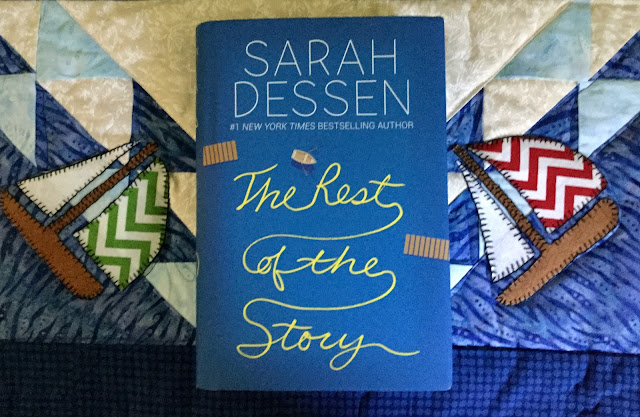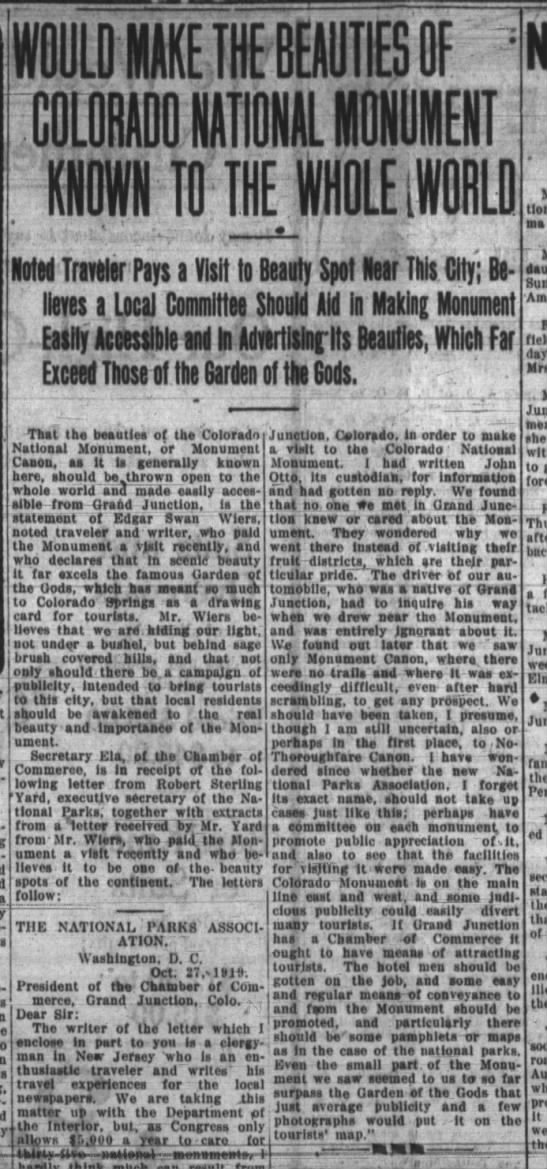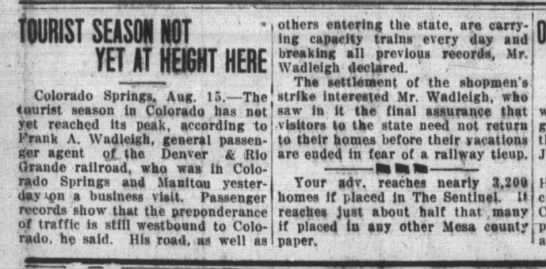The last few weeks have been rife with earworms. You know--music playing continually in one's head.
There was Eric Satie's music which I listened to again after reading
The Vexations by Caitlin Horrocks. In particular,
The Gnossienne No.1 stayed in my head.
Satie's music was followed by
Suite Judy Blue Eyes after reading T
he Fourteenth of September by Rita Dragonette. Her main character's nickname came from the Crosby, Stills, Nash and Young album that was such a hit in 1969-70.
Last week I finally saw
Jersey Boys about the Four Seasons.
Can't Take My Eyes Off Of You was one of the first 45 records I ever bought in 1966. I can sing all of the words, and it's in my range.
Last month I came across
Songs My Mother Sang Me and I played it over and over on Youtube, then found I had piano music for it and have been trying to learn to play it. So heartbreaking.
During the July Fourth fireworks display, which takes place in the city park a block away, I took our grandpuppy into the finished basement to be away from the noise. I turned on my iPad music to
Gordon Bok, songs which always felt calming. One of the songs I played was
Seal Djiril's Hymn.
It broke my heart. The music has this sad wistfulness, this longing and regret.
The summer after I graduated from Temple University my husband and I went to the Philadelphia Folk Festival, camping in an open field. The music was a wonder. One of the singers we were introduced to was Camden Maine's Gordon Bok.
We were smitten by Bok's rich baritone voice and amazing instrumental skills. He sang the most beautiful songs about the sea and fishermen and a vanishing life, and rich legends and stories shared in song.
Seal Djiril's Hymn is sung by Bok and Anne Mayo Muir. You can hear it on Youtube
here.
Long are the days gone, andiranda
Long down the sad and windy years
Long from the land of our desire
Rain comes and wind and snow, andiranda
Stormcloud and squall do shroud the sea
And peace shall follow us no more
Now through the hollowing green wave we wander
Long down the stormy seas and sad
Long from the land of our desire
Years when the sun was our provider
Milk of the meadows gathering
Winds brought the riches to our door
Now are the days come, andiranda
When to the seas again we go
Now do we cry for those green years
Why, when the winnowing sun was keeping
All of our harvest and our toil
Made we no peace among our kind?
Why, when the summering wave was swinging
And all our hills and trees were green
Did we not sow our fields with love?
Hearing the song again left me heartbroken. Because it was so long ago that we first heard Bok. Because of the place his music had in our shared life, including the mixed tape my husband made for when I was in labor with our son. Because it has been so many years since we last saw Bok in performance, when he and Anne Mayo Muir and Ed Trickett came to Lansing, MI, Bok ill and unable to sing. And because the song itself is so very, very poignant.
This month I turn 67. I think about how many years my parents and grandparents were allotted. The number of years still ahead in which I might be productive and leave something behind are limited.
I worry about the world and the future our son will have, wondering if freedom will continue or be lost, how quickly climate change will alter the world causing food shortages and mass migration and warfare over resources.
Yes, why have we made no peace among our kind and sown our fields with love?
I am troubled by so many things today. Climate change and water pollution and invasive species and wildfires. How government does not reflect the will of the people by moving forward with sensible gun control, enforcing voting rights, and protecting personal freedoms. How our country has chosen to embrace punitive measures to solve problems, creating mass incarceration and the immigration crisis.
Why, when the winnowing sun was keeping/All of our harvest and our toil/Made we no peace among our kind? /Why, when the summering wave was swinging/And all our hills and trees were green/Did we not sow our fields with love?
So, as I listened to these words from Gordon Bok during the July Fourth fireworks, I was nearly in tears. What have I done to make peace and sow love? What can I do in my remaining years?
It is not a new concern. As a girl I felt the push to DO something, suddenly shaken to wake up from the dream-state of mere living to claim a greater life.
At times, an airplane--no jet, not then-- droning
overhead would shake my world of make-believe to its roots
with reality's heavy awareness.
My heart would beat a faster tattoo, and restless,
disquieted, but directionless, I rushed outdoors
to breath freer air, escape the restraint of walls,
to seek the questions I already felt swelling
in my girl's breast, the mystery I could not name.
I only knew that I must shake off
girlhood's cushioned hermitage, to live and work,
now, suddenly aware of mortality's unaccustomed weight,
because I heard, and looked up from play,
to catch sight of a mystery outside my window,
common, yet profoundly unsettling.
excerpt from The View From Windows by Nancy A. Bekofske
I thought that life as a clergy wife would allow me to do good in this world. Perhaps I did something--who knows. And these last years I thought that book reviewing would do some good, promoting books that enhance our understanding of others, the important issues of our time, helping to 'only connect'. And yes, to support writers, many of whom will be writing and influencing after I am gone.
Seal Djiril leaves the land and life as a man to return to the sea.
Now are the days come...When to the seas again we go...Now do we cry for those green years...
Did I waste my green years? What recompense can I make in these my last years? What is enough?
Earworms. Some come with memories. Some come with discomfort.
So now my personal playlist in my brains is looping a whole series of music, ranging over my entire life.





































